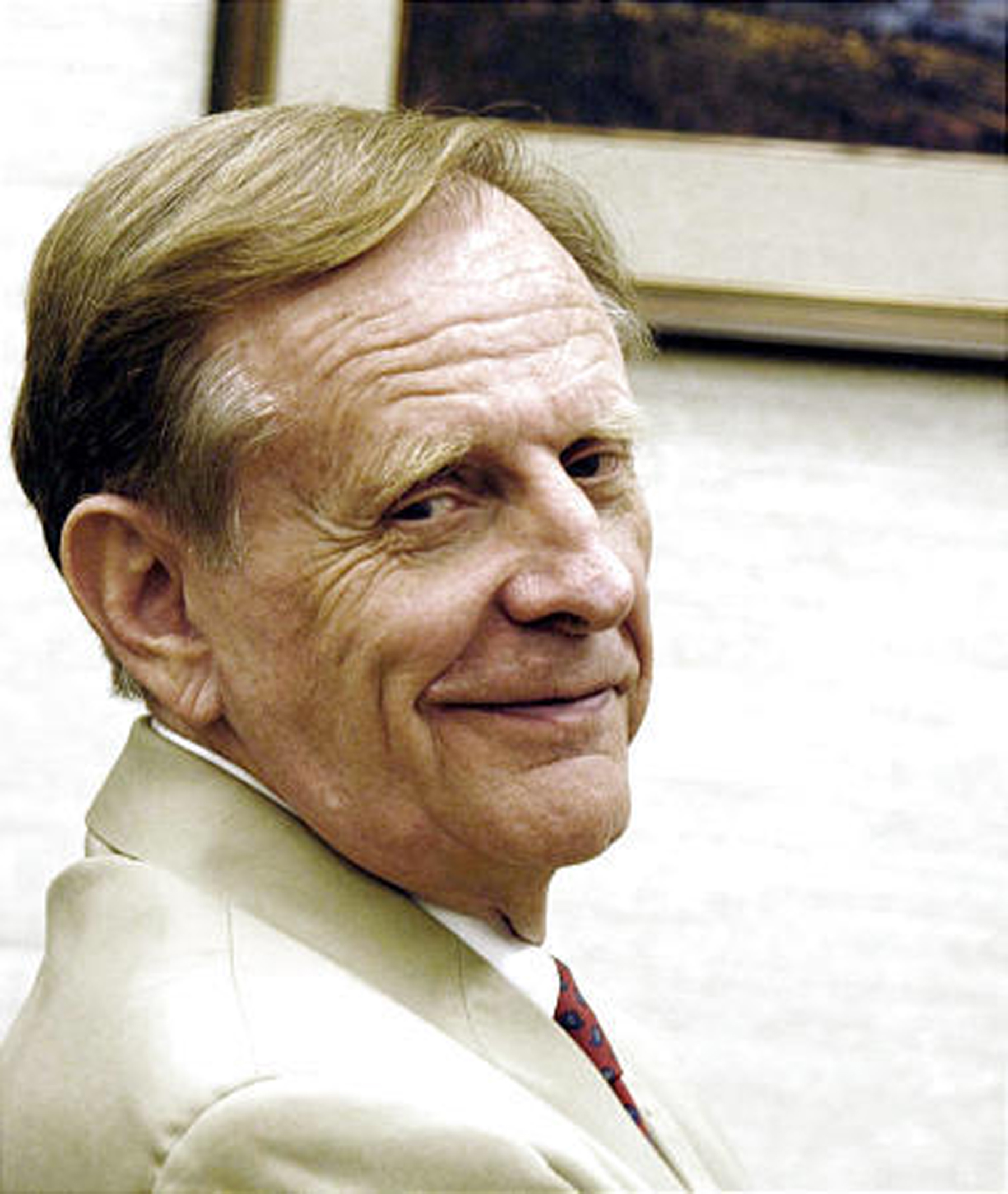
Sept. 12, 2011— With two Mormon candidates vying for a shot at the highest office in the nation, the public discourse on how Mormons can affect the lives of others has never been more acute.
This year’s Gardner lecture by Mormon studies scholar Richard Bushman at the University of Utah (the U) will candidly tackle that subject in, “Mormonism and the Public Good,” Tuesday Sept. 27 at 7 p.m. in the Saltair Room of the Olpin Union (200 S. Central Campus Drive). The lecture is free and open to the public.
Bushman’s talk will address how Americans differ on the solutions to the nation’s problems and how members of the public struggle to even agree on the nature of what is the public good. He will argue that these conflicts arise out of basic contradictions in values and, therefore, will perpetually recur. But, Bushman questions, can Mormonism change that? In other words, he will ask: Can a religion that is authoritarian in nature help solve the problems of a democracy?
Bushman is among the most widely known and highly regarded historians of Mormonism and the Church of Jesus Christ of Latter-day Saints. He is Gouverneur Morris professor of history emeritus at Columbia University and recently finished a term as the Howard W. Hunter visiting professor in Mormon Studies at Claremont Graduate University. His publications include: From Puritan to Yankee: Character and the Social Order in Connecticut, 1690-1765m King and People in Provincial Massachusetts, The Refinement of America: Persons, Houses, Cities, and Joseph Smith: Rough Stone Rolling.
This lecture is presented by The Obert C. and Grace A. Tanner Humanities Center. The center was founded in 1988 by the faculty of the College of Humanities at the University of Utah. For over 20 years, it has fostered innovative humanistic inquiry and scholarship. The center’s programs–which include public lectures and symposia, humanities education for teachers and fellowships–create opportunities for lively dialogue among scholars, students and citizens on issues (from ancient to contemporary) pertaining to the human condition.
More information on the lecture can be found at www.thc.utah.edu.
